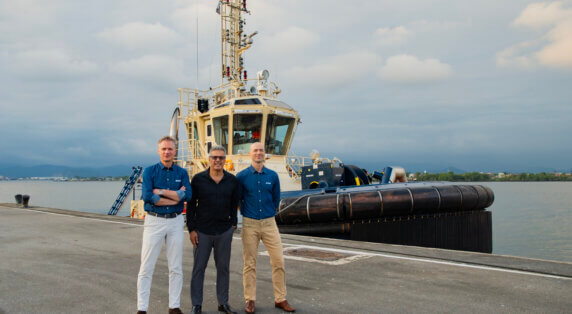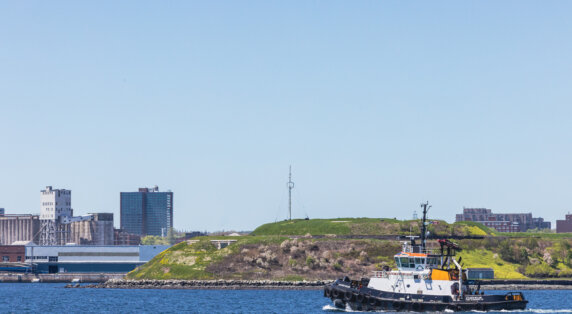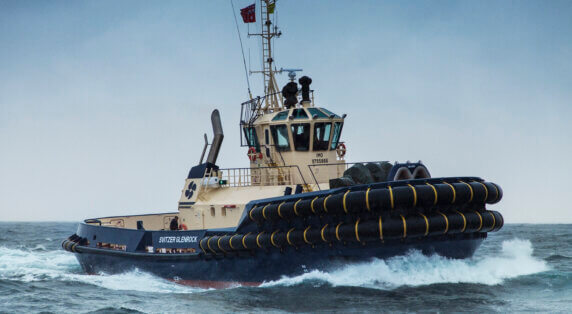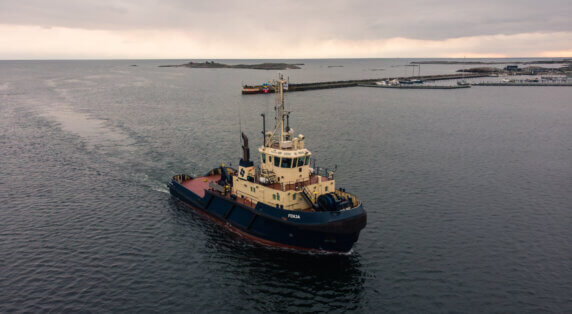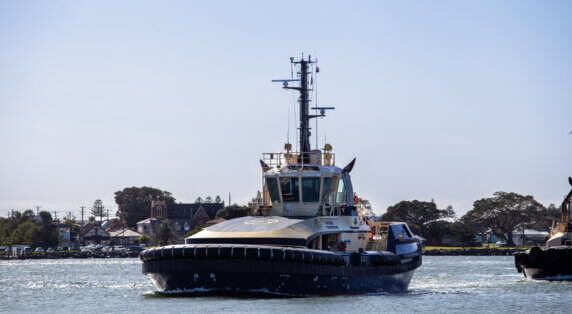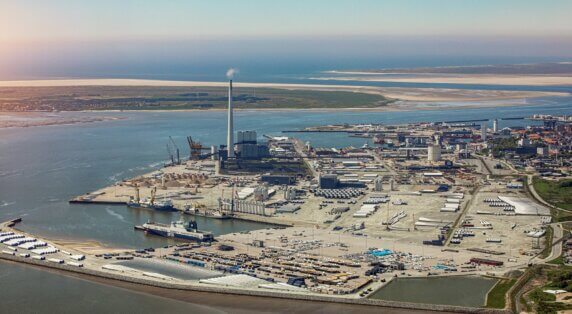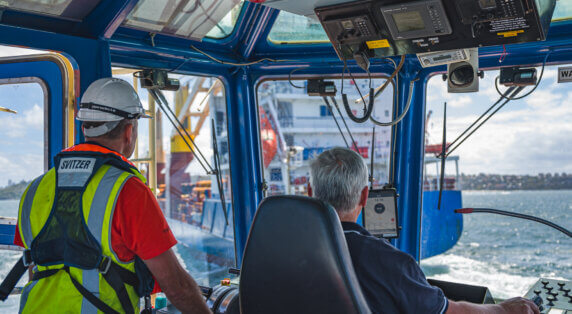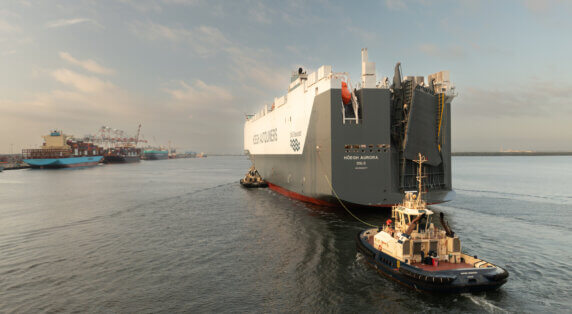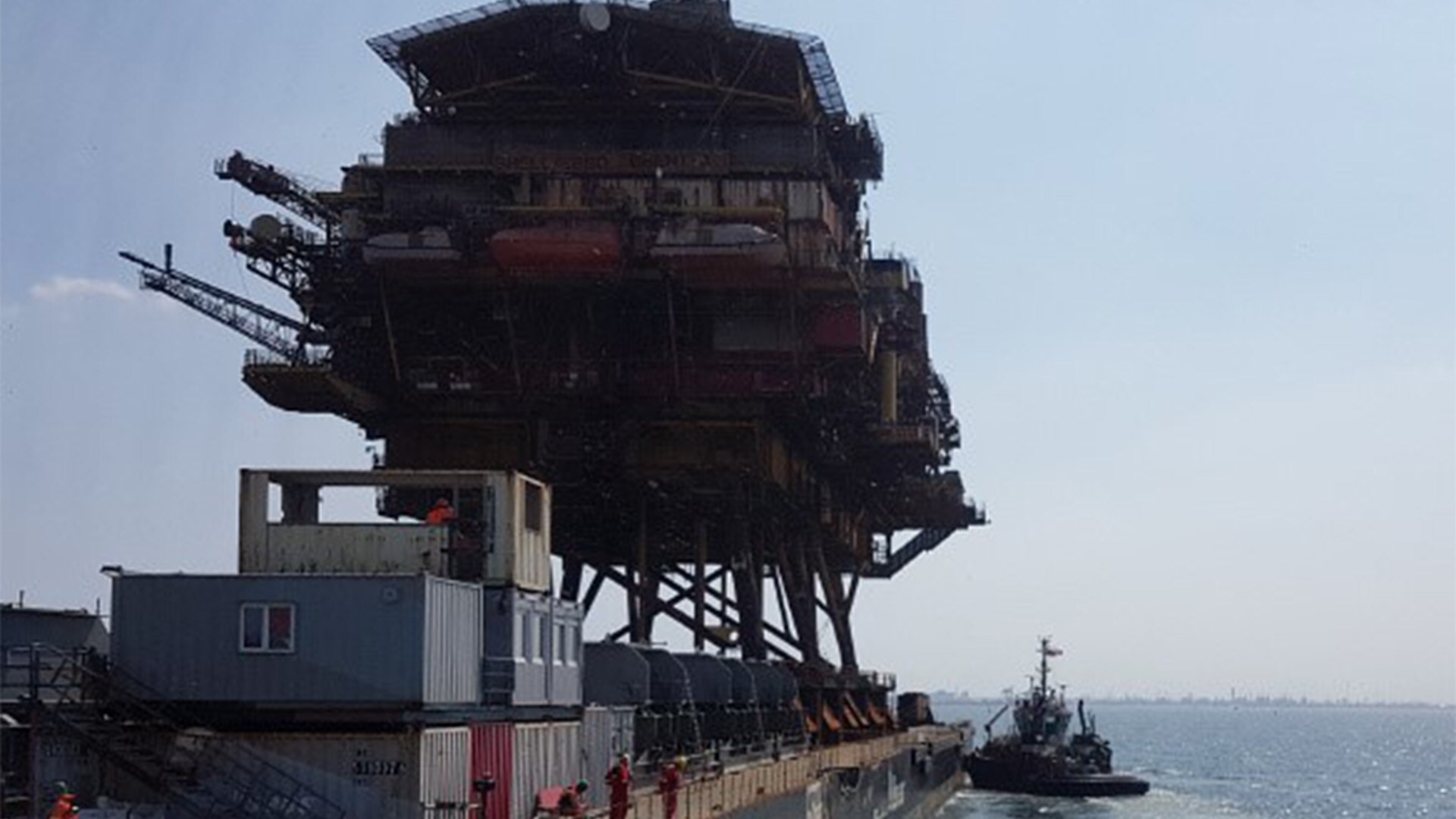
Teesport Spotlight
Teesport, located on the UK’s North East Coast, is an excellent example of how growth and diversification are challenging how Svitzer provides best in class towage services to our customers.
Ports form a vital link in the global supply chain and are tied closely to their surrounding economic and social community. Consequently, they often experience significant levels of change in a relatively short space of time.
One port where this is certainly true is Teesport, located on the banks of the River Tees in the North East of England.
The current situation on Teesport could not be more different than from just five years ago following the upheaval prompted by the sudden decline of the region’s steel industry.
But after a good recovery, Teesport is currently the UK’s third largest port and one of the fastest-growing ports in Western Europe. With over £120 million invested in container infrastructure, it has seen some of the largest growth in container volumes in any UK port.
Furthermore, with the growth of the UK offshore power sector, Teesport’s location means it is a key logistical hub for the offshore wind industry and the decommissioning of North Sea oil and gas infrastructure.
Teesport is an important location for Svitzer’s UK, European and global portfolio. It is where our UK headquarters are based – giving us unique capabilities at the hub – and we have five tugs based here to service the needs of an increasingly diverse range of customers.
This diversity – and the flexibility it requires – is not unique to Teesport. In fact, these trends are the same challenges facing the towage industry the world over.
That’s why we believe that Teesport is a good case study for how Svitzer as an organisation responds to these large-scale changes, but also the more localised issues that define our operations.
Challenging operational requirements
Unlike most ports throughout the UK – and, indeed, Europe – Teesport is not tidal. This means that operations require more flexibility and less lead times. In fact, call out times for our five Teesport-based tugs can be as short as two hours’ notice, rather than the six, 12 or even 24 hours we may be more accustomed to in other ports.
The unique short notice on jobs at Teesport places extra demands on the way we operate, and it means that flexibility is fundamental. Consequently, we set our crews and tugs to operate on a shift pattern, utilising a minimum of 30 crew on a week-on-week off basis.
Currently, we handle around 20 to 25 ships per week at Teesport. We also leverage the added flexibility and operational robustness afforded to us in our role as a global towage provider to support our operations in Teesport. When demand is high at the port – or, indeed, at any of our locations – we ‘flex’ our fleet and draw in vessels and crew from neighbouring ports or even from across the North Sea to meet this increased demand.
Service excellence delivered by Svitzer’s teams
With the changes and the challenges that come with providing towage at Teesport, we also rely on the expertise and skill of our crew and shoreside staff.
Operating in this fast-paced environment is not easy, but good local knowledge on the part of our crews arms us to respond to customer demands. And combining our rigorous training and procedures with this local knowledge means that the crew have the personal and professional capacity to handle any challenge.
Simultaneously, with local knowledge comes strong partnerships throughout the port community. With two hours’ notice for jobs, there must be a very close bond between our operation and the port’s.
As ports across the world get busier and more diverse, Teesport is a case study that highlights Svitzer’s approach to delivering market-leading towage services in a key regional port. By applying flexibility, skills and local knowledge, challenges are faced head-on – ultimately meaning that our customers benefit from safe, reliable and efficient operations.

